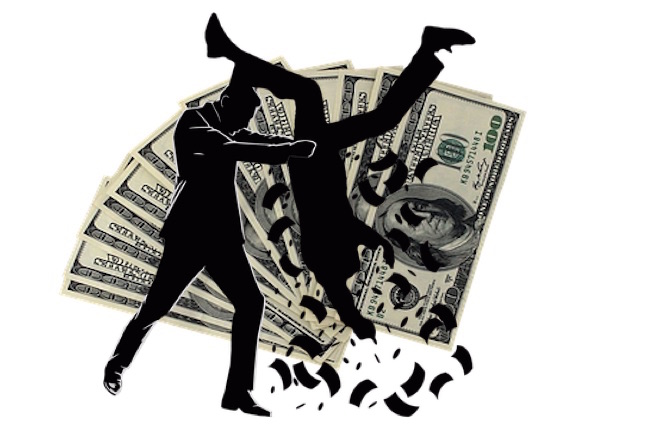Senate Releases Full Text Of $2 Trillion Stimulus Bill: Here’s What’s In It from Zero Hedge
Update (2040ET):12 hours after the Senate was supposed to originally release the full text – all 889 pages of it – of the $2 trillion stimulus bill, it finally did just that, detailing in a whopping 889 pages, detailing its plans to stimulate spending, push tax breaks and generally boost the U.S. economy during and after the coronavirus outbreak.
Here is the part most relevant to capital markets, discussing the limitations on dividends and buyback:
The Secretary may enter into agreements to make loans or loan guarantees to 1 or more eligible businesses… if the Secretary determines that, in the Secretary’s discretion—(A) the applicant is an eligible business for which credit is not reasonably available at the time of the transaction; (B) the intended obligation by the applicant is prudently incurred; (C) the loan or loan guarantee is sufficiently secured or is made at a rate that— (i) reflects the risk of the loan or loan guarantee; and (ii) is to the extent practicable, not less than an interest rate based on market conditions for comparable obligations prevalent prior to the outbreak of the coronavirus disease 2019 (COVID–19); (D) the duration of the loan or loan guarantee is as short as practicable and in any case not longer than 5 years…
… and the punchline:
(F) the agreement provides that, until the date 12 months after the date the loan or loan guarantee is no longer outstanding, the eligible business shall not pay dividends or make other capital distributions with respect to the common stock of the eligible business.
In other words, as noted earlier, no dividends or buybacks for any company that uses the bailout loan. By implication, it means that all other companies can continue to repurchase their stock.
And here, courtesy of Bloomberg, are some additional observations on the winners and losers:
- The plan includes $500 billion in loans and assistance for larger companies, as well as states and cities, according to the latest drafts being circulated.
- But the aid comes with strings attached after pressure from Democrats: Companies receiving a government loan would be subject to a ban on stock buybacks through the term of the loan plus one additional year. They also would have to limit executive bonuses and take steps to protect workers. The Treasury Department would have to disclose the terms of loans or other aid, and a new Treasury inspector general would oversee the lending program.
- The bill is largely a win for the retail, hotel and restaurant industries that initially viewed lawmakers as favoring the airline industry. Trade groups representing those sectors lobbied Congress hard for loans, grants and unemployment assistance because their businesses have also suffered coronavirus-related revenue losses. “We see it as an important win,” said Austen Jensen of the Retail Industry Leaders Association. “Yes airlines are in a tough spot, but the retail industry is equally in a difficult position.”
The winners:
Cash for citizens, gig workers




